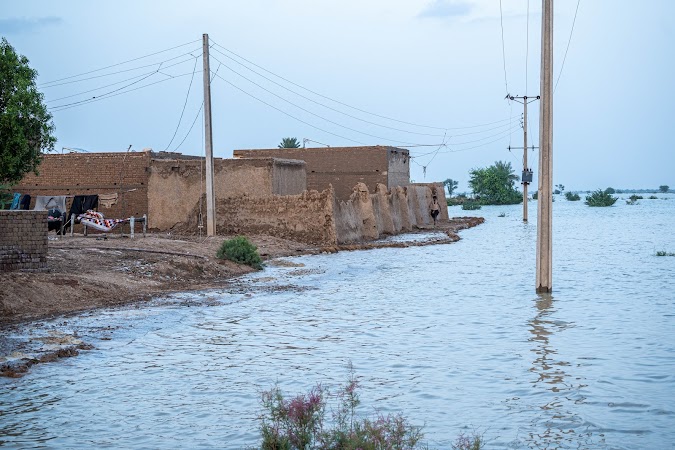THE IMPORTANCE OF FLOOD INSURANCE
Floods are
one of the most common natural disasters globally, affecting millions of people
each year. Floods can cause severe damage to homes, businesses, infrastructure,
and communities, resulting in billions of dollars in losses. Flood insurance is
a crucial tool for homeowners and business owners to protect their properties
and finances from flood damage. This essay will describe and explain the
importance of flood insurance, including what it is, how it works, why it is
essential, and some of the challenges associated with obtaining and using it.
What is
Flood Insurance?
Flood
insurance is a type of insurance coverage that protects property owners from
financial losses due to flood damage. Unlike other forms of insurance, flood
insurance is not typically included in standard homeowner's or renter's
insurance policies. Instead, it is typically sold as a separate policy through
the National Flood Insurance Program (NFIP), a government program established
by Congress in 1968.
The NFIP is
administered by the Federal Emergency Management Agency (FEMA) and is designed
to provide affordable flood insurance to property owners in flood-prone areas.
The program provides coverage for both residential and commercial properties,
including homes, apartments, condominiums, and businesses. Flood insurance
policies cover damage to buildings and their contents, including appliances,
furniture, and other personal property.
How Does
Flood Insurance Work?
Flood
insurance policies work similarly to other types of insurance policies.
Property owners purchase a policy and pay a premium, usually on an annual
basis. The premium amount is based on several factors, including the property's
location, elevation, and flood risk, as well as the amount of coverage needed.
If a flood
damages the property, the property owner files a claim with their insurance
provider. The insurance provider will send an adjuster to assess the damage and
determine the amount of coverage the property owner is entitled to receive.
Once the claim is approved, the insurance provider will issue a payment to the
property owner to cover the cost of repairs or replacement of damaged property.
Why is Flood
Insurance Important?
insurance is essential for several reasons. First and foremost, floods can
cause significant damage to homes, businesses, and communities. According to
FEMA, just one inch of water can cause up to $25,000 in damage to a home.
Without flood insurance, property owners may not be able to afford the cost of
repairs, leaving them with significant financial losses.
Second,
flood insurance is often required by law in certain areas. In high-risk flood
zones, mortgage lenders are required to ensure that property owners have flood
insurance as a condition of receiving a mortgage. This requirement is designed
to protect the lender's investment in the property and ensure that property
owners can afford to repair or replace their home if it is damaged by a flood.
Third, flood
insurance can provide peace of mind for property owners. Knowing that their
property is protected from flood damage can give property owners the confidence
to invest in their homes and businesses and take risks that they might not
otherwise take.
Finally,
flood insurance can also help to protect communities from the economic impacts
of floods. When a flood occurs, it can disrupt local businesses, cause property
values to decline, and strain local resources. By providing financial
protection for property owners, flood insurance can help to mitigate these
impacts and enable communities to recover more quickly from flood events.
Challenges
Associated with Obtaining and Using Flood Insurance
While flood
insurance is essential, there are several challenges associated with obtaining
and using it. One of the biggest challenges is the cost of premiums, which can
be prohibitively expensive for some property owners. Premiums are based on
several factors, including the property's location, elevation, and flood risk,
as well as the amount of coverage needed. In high-risk flood zones, premiums
can be particularly high, making it difficult for property owners to afford
coverage.


